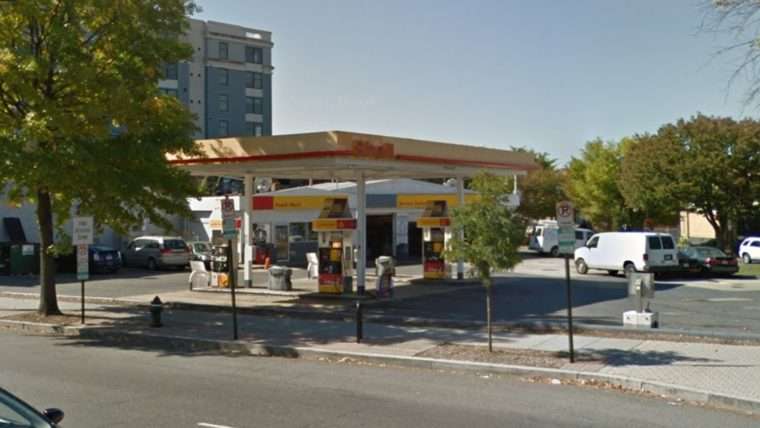The Volokh Conspiracy
Mostly law professors | Sometimes contrarian | Often libertarian | Always independent
A Candidate for the Title of Dumbest Land-Use Restriction in the Nation
A DC law bars property owners from redeveloping land containing a full-service gas station, or removing them to make way for other uses.

Many parts of the United States have harmful land-use restrictions. But a Washington DC law barring redevelopment of property containing full-service gas stations is a strong candidate for the dumbest such regulation, law even if it is far from the most damaging. What makes it so ridiculous is the lack of any remotely plausible justification for the rule, and the obvious benefits of repurposing some of these properties to residential uses in an era of high urban housing prices. The Washington Post explains it in a recent editorial:
There's overregulation, and then there's overregulation, D.C.-style. A District law, enacted decades ago and updated in 2014, effectively prohibits landlords from redeveloping any land containing a full-service gas station. If you own the ground under one of the city's four dozen or so such businesses, you're stuck: You can't raze it and put up condos, or sell it to someone who would; you really can't even reduce it to a "gas-and-go." Waivers are available from the mayor, with prior approval of the Gas Station Advisory Board, but that agency exists only on paper, having had no appointed members for the past 11 years.
This ludicrous situation resulted from arcane local political and commercial rivalries, dressed up in the language of consumer protection. Stubborn supporters of the law on the D.C. Council claim that the city needs a minimum number of a certain kind of gas station within its boundaries, lest D.C. motorists suffer. Never mind that Maryland and Virginia stations are just a couple of miles away, or that District households are about four times less likely to own a car than the average American household, according to Governing magazine.
If there's one thing we need to do to protect the environment, improve urban aesthetics, and make the nation's capital great again, it's preserving full-service gas stations! We can't let greedy, soulless developers tear down this vital part of our heritage, and make DC residents suffer the cruel indignity of filling up their tanks at mere self-service "gas and go" stations.
One such heartless capitalist recently filed a lawsuit arguing that DC's gas station redevelopment law is unconstitutional, because it violates the Takings Clause of the Fifth Amendment, which bars the government from taking private property without "just compensation." I hope he wins. But I am not optimistic he will do so, because current Supreme Court precedent makes it very difficult to win a takings claim unless the government has physically "invaded" the owner's property or adopted regulations that destroy all, or nearly all, of its value. However, a federal district court recently rejected the City's motion to dismiss the case. That does not mean the property owner will ultimately prevail, but does allow his lawsuit to proceed.
While the DC law is, as the Post put it, a truly "ludicrous" example of regulation run amok, it is far from the most harmful type of land-use restriction out there. That dubious honor goes to zoning regulations that massively inflate the price of housing and cut off millions of working and lower-middle class Americans from valuable job opportunities.
UPDATE: As some readers have suggested, DC's restrictions on the height of buildings are also awful, and cause far greater harm than the full-service gas station rule. The height restrictions, however, can be defended on the basis of at least minimally plausible aesthetic considerations (e.g. - we would not want to block views of DC's monuments, and the like), while the gas station rule cannot. Thus, the latter is even more indefensible than the height rule, even if less harmful.


Show Comments (37)